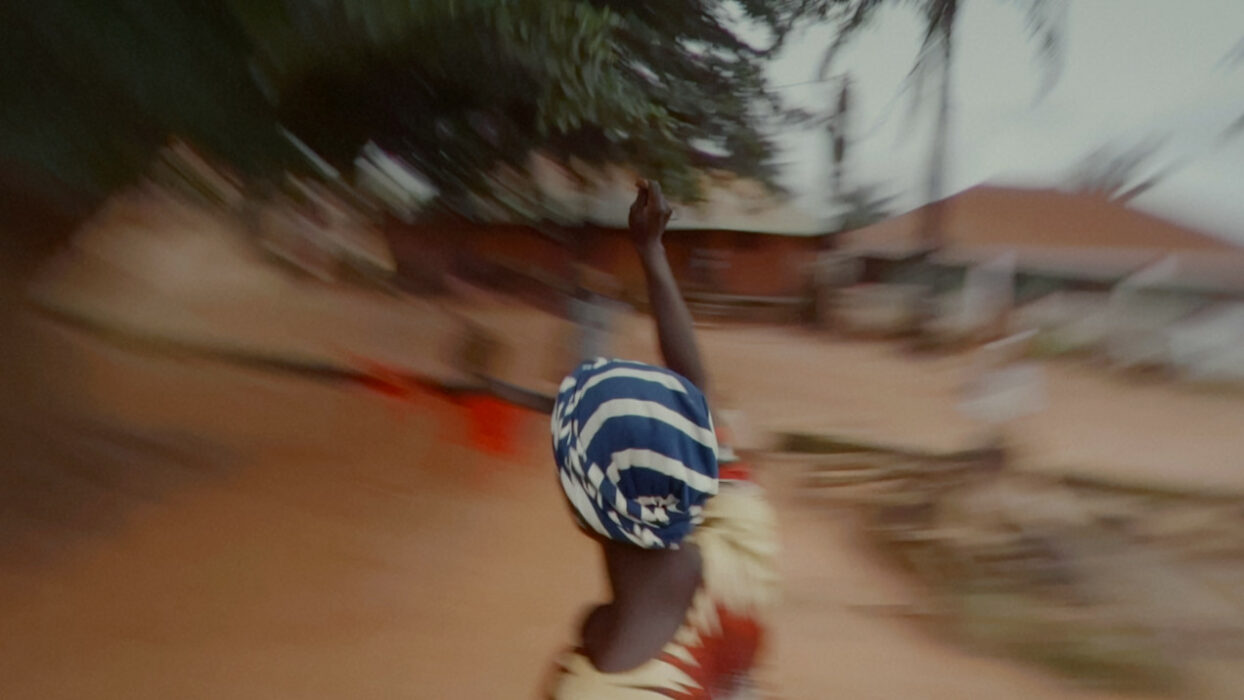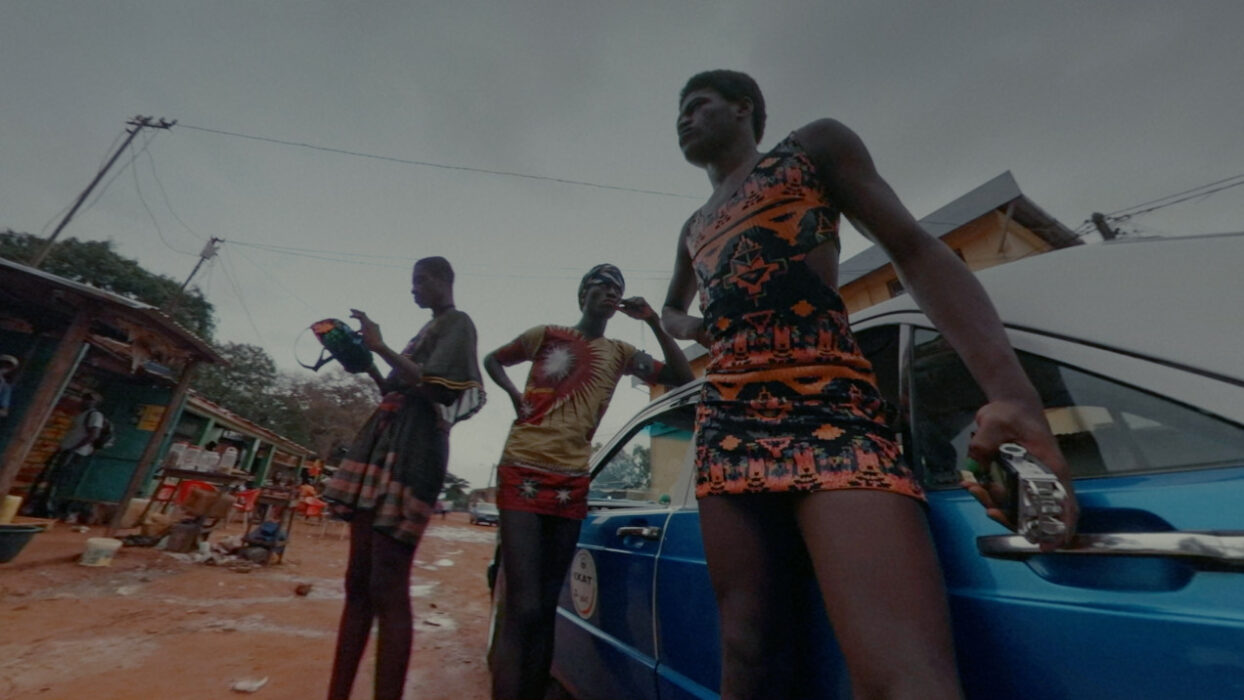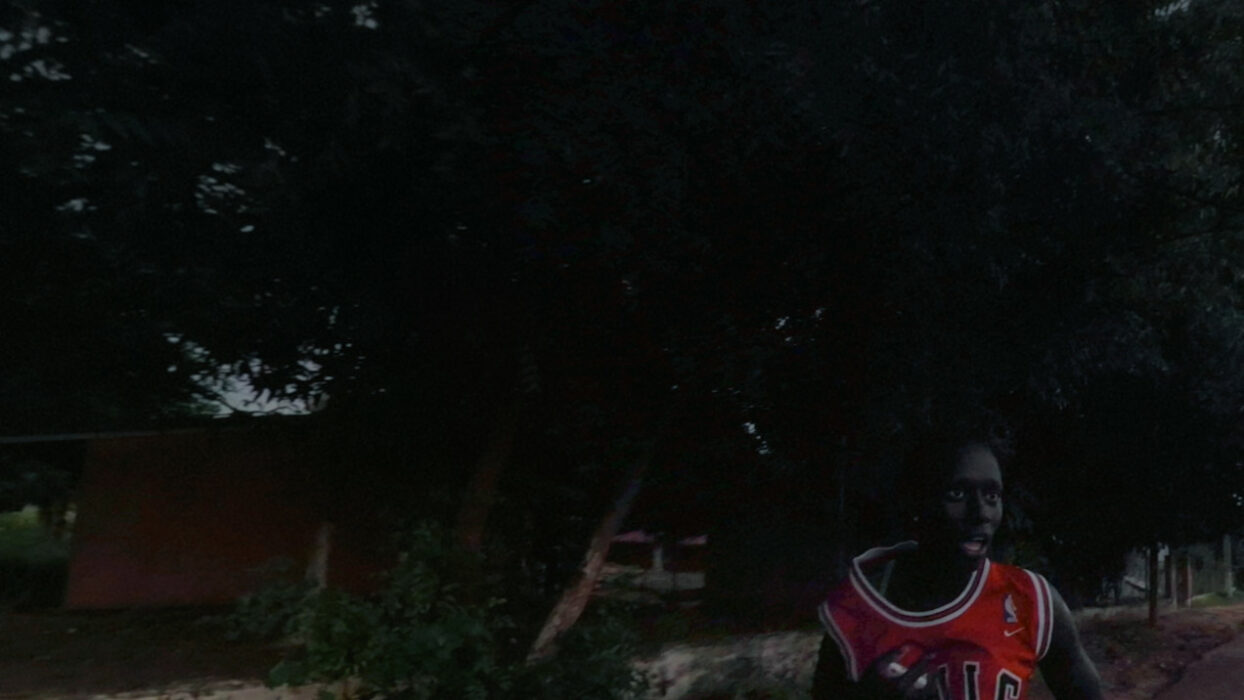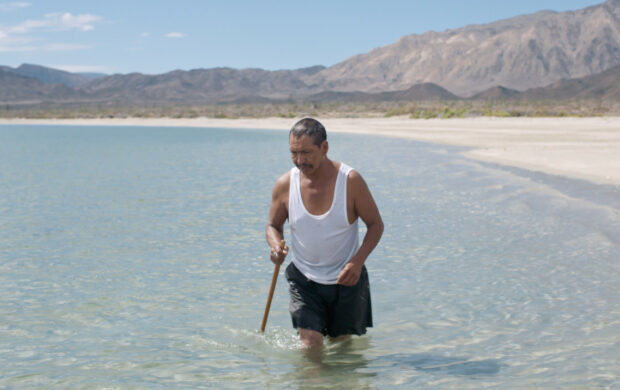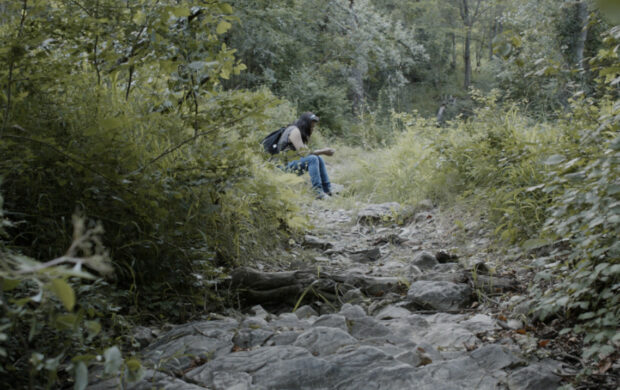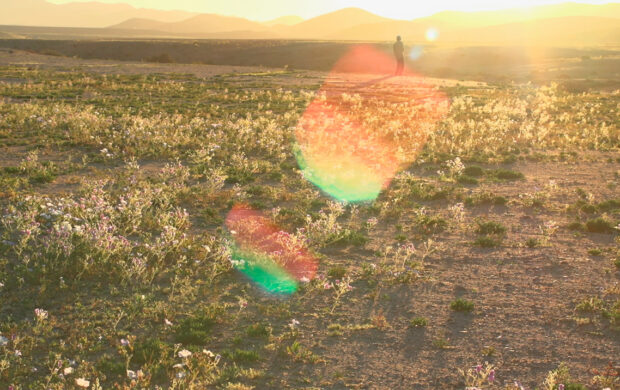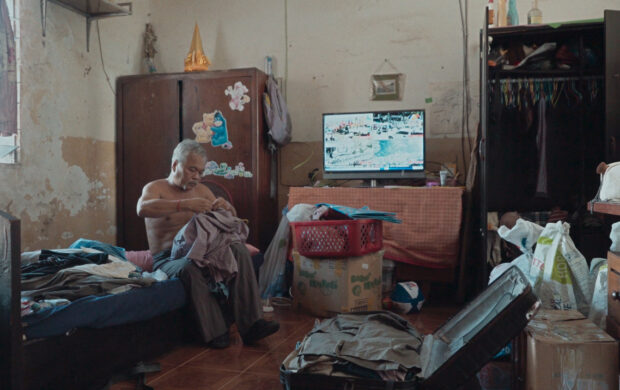Parsi
- 2019
- Switzerland; Argentina; Guinea-Bissau
- 22 minutes
- Spanish
Translated into Guinea-Bissau creole “parece” (“it seems”) gives “parsi”. Invented on the basis of a cumulative poem by his compatriot, Mariano Blatt, whose lines all begin with “parece que”, Eduardo Williams’ film captures the poem’s driving force – literally, driven to haste. Here is a piling-up of impressions and ideas, images that collide and spin at a staggering speed. With no illustrative relationship interconnecting them: Williams films far from Argentina, he films the familiar, intimate and political things that Blatt points to, in a Guinea-Bissau previously unknown to him but which the film allows him to explore. This fundamental indetermination requires in return that a fluid complicity and empathy be extended to all those involved in making the film. Read in voice-over, Blatt’s text imprints its haste on the shots filmed by the actors. As in Williams’ other films, they wander around their neighbourhoods at an increasingly frantic pace using all means of locomotion, handling the camera themselves in a circuit that holds a thousand surprises. Parsi could describe the astonishment that each of Williams’ films incites: the spectacle of constantly bubbling ideas, the experience of simple joy in the face of a world that offers itself up in a new light and a primitive relationship to cinema where the question resonates: how all this has been filmed.
Antoine Thirion
- Production : Nahuel Pérez Bizcayart, María Victoria Marotta, Jerónimo Quevedo
- Photography : Ivandro Cá, Vadinho da Costa, Edmilson Djú, Alfa Kalido Baldé, Richar Dias, Diomedes S Djú, Janaina Casimiro Ié, Nadi Ouadé, Brigila Chico Cá
- Sound : Simón Apostolou
- Editing : Eduardo Williams
- Print contact : Eduardo Williams
